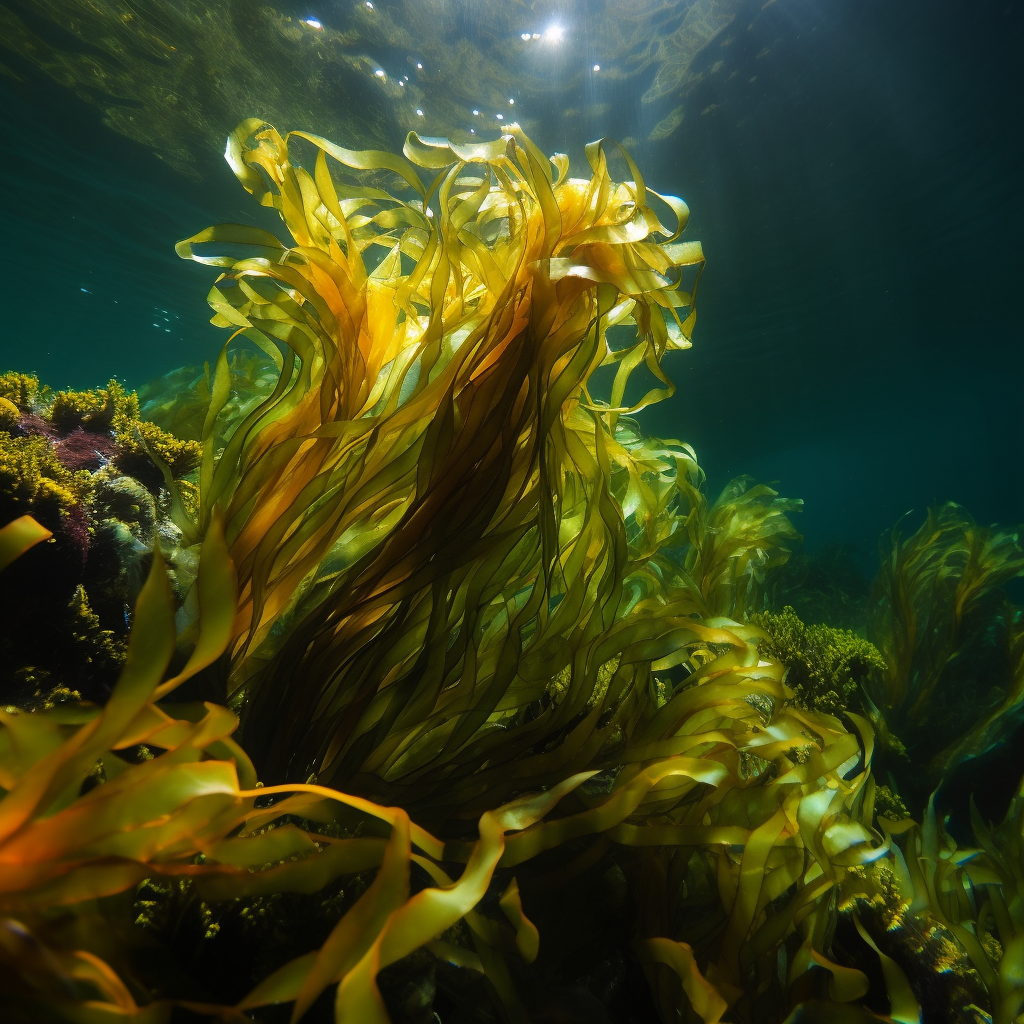May 3, 2024
Underwater Kelp Forests – A Sustainable Solution to Climate Change and Beyond
Book a Demo
Underwater kelp forests are emerging as a secret weapon in the fight against climate change. These marine plants, famous for their rapid growth, have shown an astounding ability to absorb high amounts of carbon dioxide (CO2) from the atmosphere. This process not only helps to mitigate the effects of global warming but also contributes significantly to the health of our oceans.
Kelp farming, which involves the cultivation of these underwater plants, is a sustainable practice that doesn’t demand fresh water or fertilizer. This method of farming is increasingly being recognized as a potential solution to climate change. It harnesses the power of these aquatic plants to capture and store CO2, a process known as ‘blue carbon.’
Remarkably, kelp is not just a climate change combatant. The plant is incredibly versatile, finding uses in a variety of industries, including food and cosmetics. Moreover, its potential applications may yet be undiscovered, opening the door to further innovation and sustainable development.
However, the well-being of these marine plants is under threat. Climate change intensifies harmful algal blooms and accelerates ocean acidification, posing a significant threat to marine life. It is a vicious cycle that underscores the urgency of addressing climate change effectively.
In the United States, kelp farming has demonstrated an impressive ability to remove nitrogen from water. It’s projected that this practice could effectively replace up to 20 advanced septic systems per acre. This makes it a potentially ground-breaking solution in water treatment and pollution management.
The United Nations Environment Program has identified three planetary crises: climate change, biodiversity loss, and pollution. Seaweed farming, with its numerous environmental benefits, can address all three. By acting as underwater forests, seaweed farms produce oxygen and provide habitats for marine life, thereby enhancing marine biodiversity. Simultaneously, they help to reduce atmospheric CO2 levels and mitigate pollution.
The underwater kelp forests represent a promising and sustainable solution in the fight against climate change. They highlight the importance of preserving and utilizing our marine resources in innovative ways to ensure a healthier planet for future generations.
Science4Data is committed to cut through greenwashing and measure real impact. Join the journey to a sustainable future. Your actions matter.



